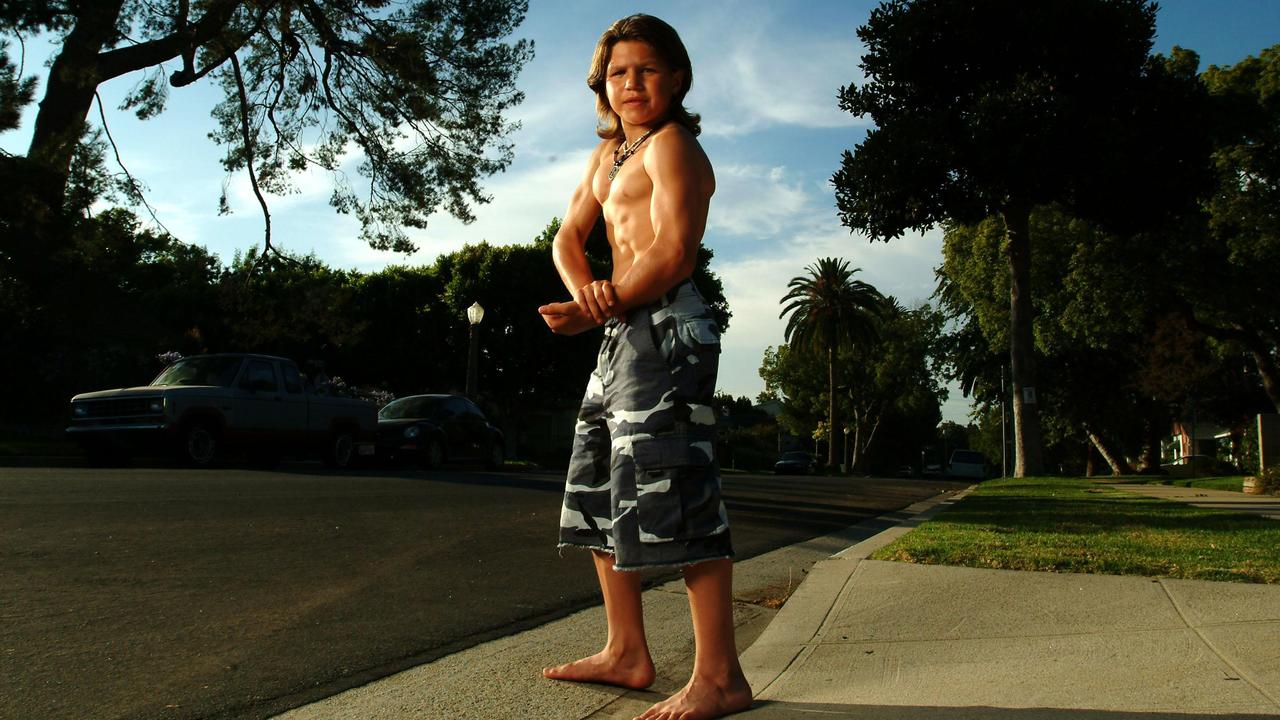The Australian crisis we can’t ignore
IT’S the tiny Australian town that has been ravaged by decades of booze and welfare. But it’s a crisis we can no longer ignore.
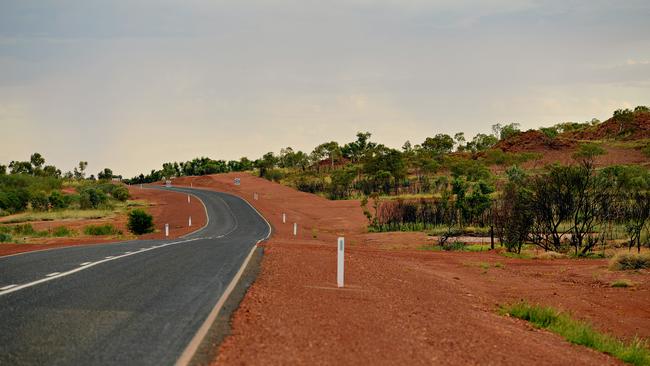
IT’S the Aussie outback town that — after decades awash with welfare and booze — is front and centre of a shameful child protection crisis.
Heavy on handouts but low on personal responsibility, the Tennant Creek community — at the heart of the country — has been hiding sinister secrets about crimes too ugly to visualise.
The Northern Territory town might have stayed out of sight, out of mind if it wasn’t for the searing media scrutiny of an alleged toddler rape in February that rattled gilded cages all the way to Canberra.
Since then more disturbing cases have come to light.
A 16-year-old allegedly raped a four-year-old boy at the Aboriginal community of Ali Curung, 170km southeast of Tennant Creek, late last month.
Last Tuesday, news.com.au revealed that Tennant Creek police were still investigating an alleged sexual assault of a four-year-old girl — by a teenage male relative — that happened in January.
So serious is the recent spate of child sex crimes that investigators from the Department of Prime Minister and Cabinet arrived in Tennant Creek last week.
The Australian reported two more cases at the weekend.
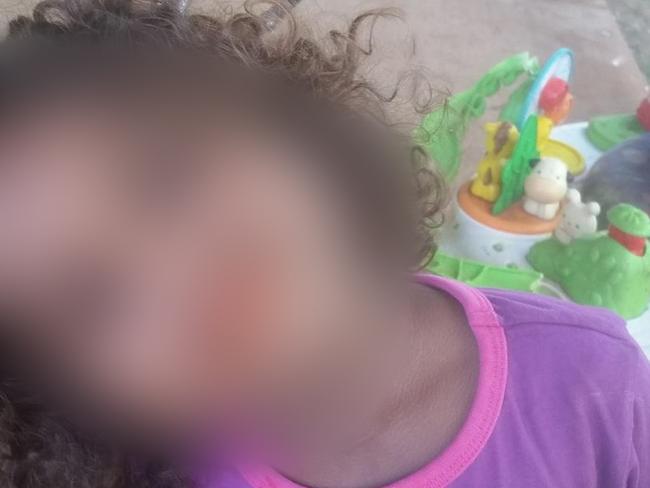
On Friday, a 14-year-old boy from South Australia’s remote Aboriginal lands was charged with the sexual assault of a child, believed to be a nine-year-old girl, who was transferred to Alice Springs Hospital.
The alleged incident occurred last Tuesday at Mimili, just 160km from the NT border, with the 14-year-old refused bail amid an ongoing police investigation.
On Saturday, an NT youth, in his mid to late teens, was charged with five counts of sexual intercourse without consent following an alleged incident last week involving a five-year-old boy at an unnamed remote community.
If it were not for journalists, these cases would not have become public.
A conspiracy of silence in remote indigenous communities — by locals and government departments — is failing its children.
“Government departments have been known to reinforce this culture of silence by not acting in the best interests of children but rather to maintain peace in communities,” Alice Springs councillor Jacinta Price wrote in The Australian last month.
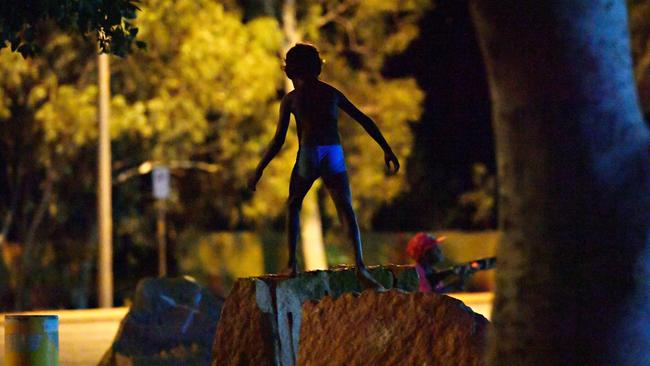
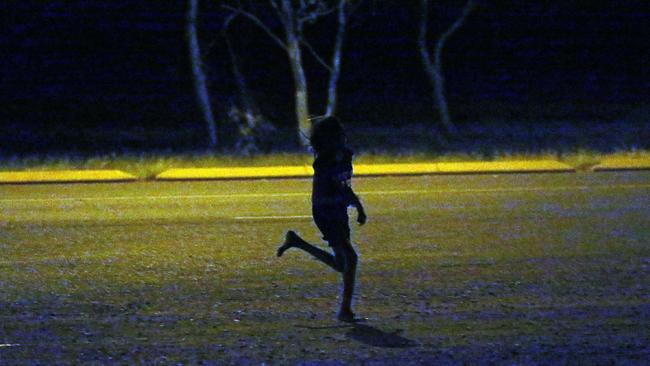
“If this is the fear felt by non-Aboriginal professionals working in remote communities, then imagine how the victims feel.
“The culture of secrecy has allowed vile criminal sexual behaviours to flourish while the human rights of children have been obliterated.”
As shocking as these cases are to the public, they’re routine for emergency services and health professionals — servicing the largely unemployed population — who see it all during their multi-year bush stints.
But like 40C days and flies on your food, workers in the dysfunctional highway town of Tennant Creek are used to it.
The crime-ravaged community is 1000km from Darwin and, for some stationed there, feels like a million miles from home.
A few who move here know what they’re in for. For others, the culture shock is on par with moving to the Middle East.
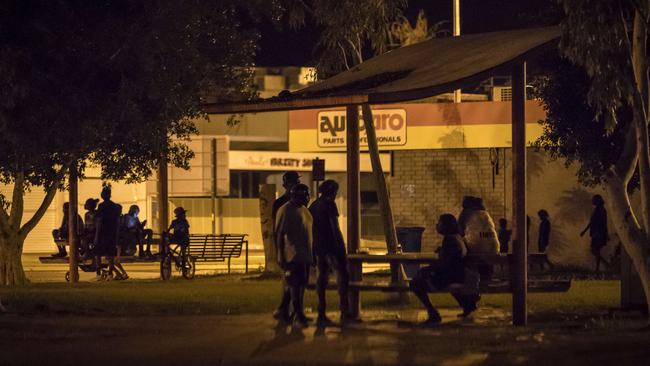
LIFE INSIDE TENNANT CREEK
The burnt landscape of the former gold rush spot — where domestic violence and sexual assaults are normalised — is now spoiled by car wrecks, trash-strewn yards and third-world squalor.
Visitors won’t find smashed avo on even the fanciest menu and the closest they get to a barista-made coffee is at the local BP.
Tennant Creek is so remote that you’re unlikely to visit unless a loved one lives there. Even then, it’d be cheaper to meet in Bali.
Newcomers adjust to buying prepaid power, freighting groceries 500km and dashing to Alice Springs for a haircut or supplies.
These first world problems — like the lack of a beautician, dentist or maternity ward — rarely rate a mention in the outpost where police patrol bottle shops and barefoot kids flee their homes at night.
While the township can seem calm on the surface, especially during the day — it’s a place where backpackers have been robbed, a nurse was recently raped in her accommodation at knifepoint and there’s a good chance you’ll return from holidays to find your home ransacked.
It’s a place where screaming in the streets keeps residents awake at night and the high risk of home invasion keeps everyone on guard.
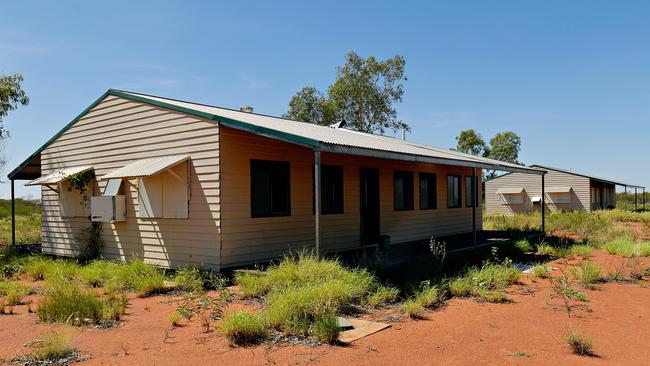
Families in Tennant Creek have dogs, a big lock on their gate and an eagle eye on their kids, even in their own yards.
Beyond the barbed wire fences, footpaths are littered with broken glass, unaccompanied toddlers wear days-old nappies (if any) and gangs of bored girls break into cars.
The tiny town of just 2991 people - half of who are Indigenous Australians - boasts a pristine local pool and puts on regular events but there’s nowhere for kids to go at night.
In Tennant Creek, infectious and preventable diseases are rife and alcohol retailing has become a core industry.
Indigenous locals who want to work say it’s not worth the trouble because relatives will humbug them for cash.
Many won’t even use the ATM for fear that their family will see them there.
It’s the same story at the only grocery store where relatives harass indigenous shoppers at the check-outs and fights spill on to the footpath outside.
The cop shop is just across the road but emergency services are flat out with jobs big and small.
Paramedics get called out to treat headaches while police are required to resolve simple domestic disputes that families elsewhere in Australia could sort out themselves.
Despite the frustrations, police patrolling the Territory’s toughest patch — where the murder rate has eclipsed the United States — demonstrate a matter of fact professionalism.
Yet their hard work is often wasted because witnesses regularly don’t turn up for court.
But unlike other jurisdictions — where the matter would be promptly thrown out — cases are adjourned until the cops physically bring the victims in.
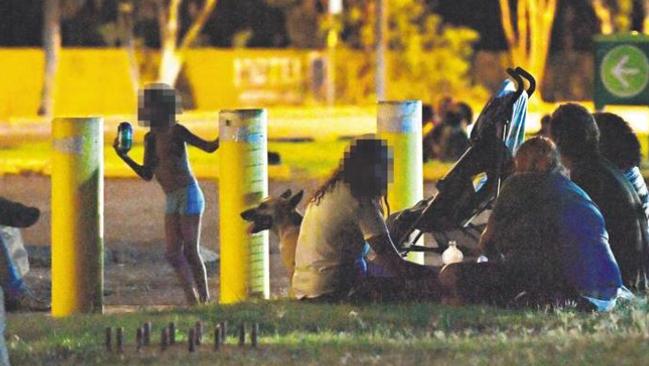
When court sits, the daily list is dominated by domestic violence with judges having to repeatedly order couples to not drink together due to the high risk of violence when they do.
Despite welfare payments, free healthcare, access to a raft of Aboriginal services — and for some, land royalty payments — the vicious cycle of alcohol addiction, domestic violence and sexual assault continues.
The recent child sexual assault allegations are just some of the 700-plus child sexual offences recorded in the NT in the past five years.
A decade after the 2007 NT board of inquiry report Little Children are Sacred, violent men (and sometimes boys) are still terrorising indigenous kids, women and the elderly.
Territory Families took only five child sex abuse victims into care between 2012-13 and 2015-16 despite substantiating 232 cases, reports The Australian.
Despite reports and royal commissions, neither Labor nor Liberal governments have delivered systematic change in Aboriginal communities.
Last month the NT government released a five-point “action plan” to assist Tennant Creek.
The response includes the immediate deployment of additional welfare workers to assist families and trial after-hours services, as well as $1 million to improve violence prevention services, $150,000 for a prevention program and $450,000 for youth activities.
But knee-jerk reactions and throwing money at problems hasn’t worked so far.
Mayor Steve Edgington says that until both tiers of government address overcrowding “children will continue to face poorer health, difficulties with education and child protection risks”.
But Territory Housing is fighting a losing battle when its houses are, in some cases, ruined beyond economic repair in as little as three months.
Radical intervention is required and frontline workers believe that a complete alcohol ban in the Barkly region for at least five years is the answer.
Adoption and closing dysfunctional Aboriginal camps have also been touted.
In the meantime, Central Australian nurse Sarah Berben says speaking out against sexual abuse is a good place to start.
“It takes all of our voices to change a culture that tolerates sexual violence,” she said.
Kristin Shorten is a freelance journalist based in the Northern Territory.



